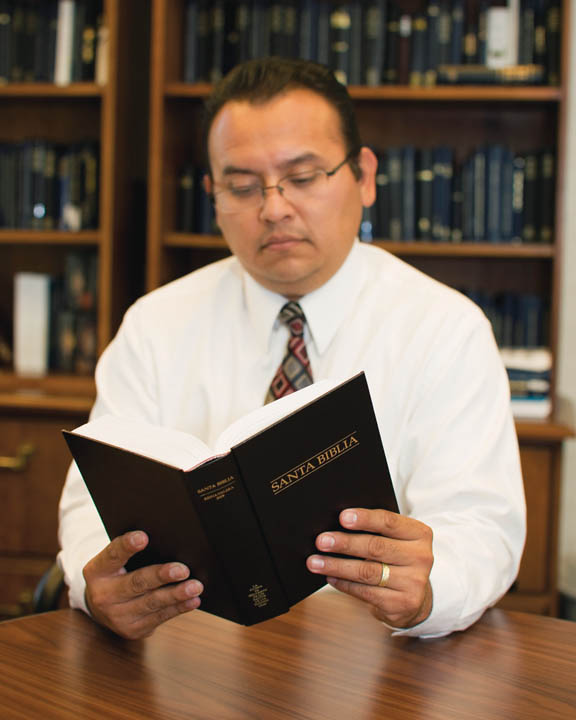How long would you be able to hang on if your income unexpectedly ended? If you couldn’t shop due to illness or a storm, would you have enough food in the house? If there was a shortage of an essential item or the prices temporarily shot up, would you be able to manage without buying it for a while? Mormons make an effort to prepare for these types of everyday emergencies through sensible stocking up. They aren’t preparing for terrorist attacks or doomsday. They’re just ready for the everyday challenges of life.
 One way they prepare is by being educated. Mormons (a nickname for members of The Church of Jesus Christ of Latter-day Saints) are encouraged to get a good education and to become life-long learners, whether through formal learning or informal learning. The women of the Church, through the Relief Society, operate free literacy classes for those who need it and many areas also offer free training in the native language of the country. They teach classes from time to time on cutting food budgets, doing home repairs, and other skills that make it easier to live without needing large quantities of money.
One way they prepare is by being educated. Mormons (a nickname for members of The Church of Jesus Christ of Latter-day Saints) are encouraged to get a good education and to become life-long learners, whether through formal learning or informal learning. The women of the Church, through the Relief Society, operate free literacy classes for those who need it and many areas also offer free training in the native language of the country. They teach classes from time to time on cutting food budgets, doing home repairs, and other skills that make it easier to live without needing large quantities of money.
Mormons learn to live below their means. They put money into savings and they avoid debt. Debt increases the cost of each item you buy and it also makes it harder to survive unemployment. This might mean they lack a few luxuries, since they wait until they can afford an item before buying it.
They also put away some things for hard times. They stock up on a few months of the absolute essentials that would sustain life if there was nothing else. Then they gradually stock up on other things they’d need if they couldn’t afford to shop. They use those items in their regular, everyday life. New purchases are added to the food storage while the oldest items are brought into the kitchen. This not only prepares them for a time when they can’t shop, it also cuts their grocery bill. When they don’t need any specific item, they can shop less often, buy on sale, and buy in bulk.
If unemployment does occur, each congregation has an employment specialist who can help. The specialist doesn’t find the person a job; he or she helps that person learn the skills needed to find a job or to get a better one. The specialist can teach the person how to write a good resume and cover letter, conduct a search, and ace the interview. By teaching instead of doing, the person improves his skills and is prepared for the next search—and to teach someone else.
Self-sufficiency means that we try to do for ourselves what we can, instead of allowing others to do it for us. When we’re self-sufficient, we feel safer and have better self-esteem. We know we can handle most of the challenges we face.
It is for this reason the church’s welfare program focuses on self-sufficiency. If, for any reason we find ourselves unable to manage, the Mormons have programs designed to help their members. (Other Mormon-run programs help those who are not Mormon.) The programs provide the essentials of life once the member has done all he can himself. (For instance, it’s not acceptable to maintain a gym membership but ask for food.) While those are being provided, the member takes on additional volunteer activities to help “pay” for what he receives. The work never equals the help, but it allows the member to feel he is contributing, and that makes charity easier to accept. He also works to develop whatever skills he needs to get back on his feet—literacy, language skills, job search skills, computer skills—and the church often has people who can help with that.
The help they receive is paid for through a unique fund called a fast offering. Mormons conduct a complete fast for twenty-four hours—no food or liquid of any kind. They donate the money saved to the fast offering fund, which is used to care for the poor in their own congregation. If a congregation has more donations than it needs, the excess is given to congregations with greater needs. A Mormon who receives fast offerings has been contributing to the fund for years. By going hungry for a day, they have the satisfaction of knowing they are helping someone else have enough to eat every day.
The Mormon welfare program is based on the Biblical teaching of serving others. The concept of self-sufficiency comes from many Biblical sources, such as Joseph’s interpretation of the Pharaoh’s vision that they must spend the good years preparing for the bad ones.
More Resources:
